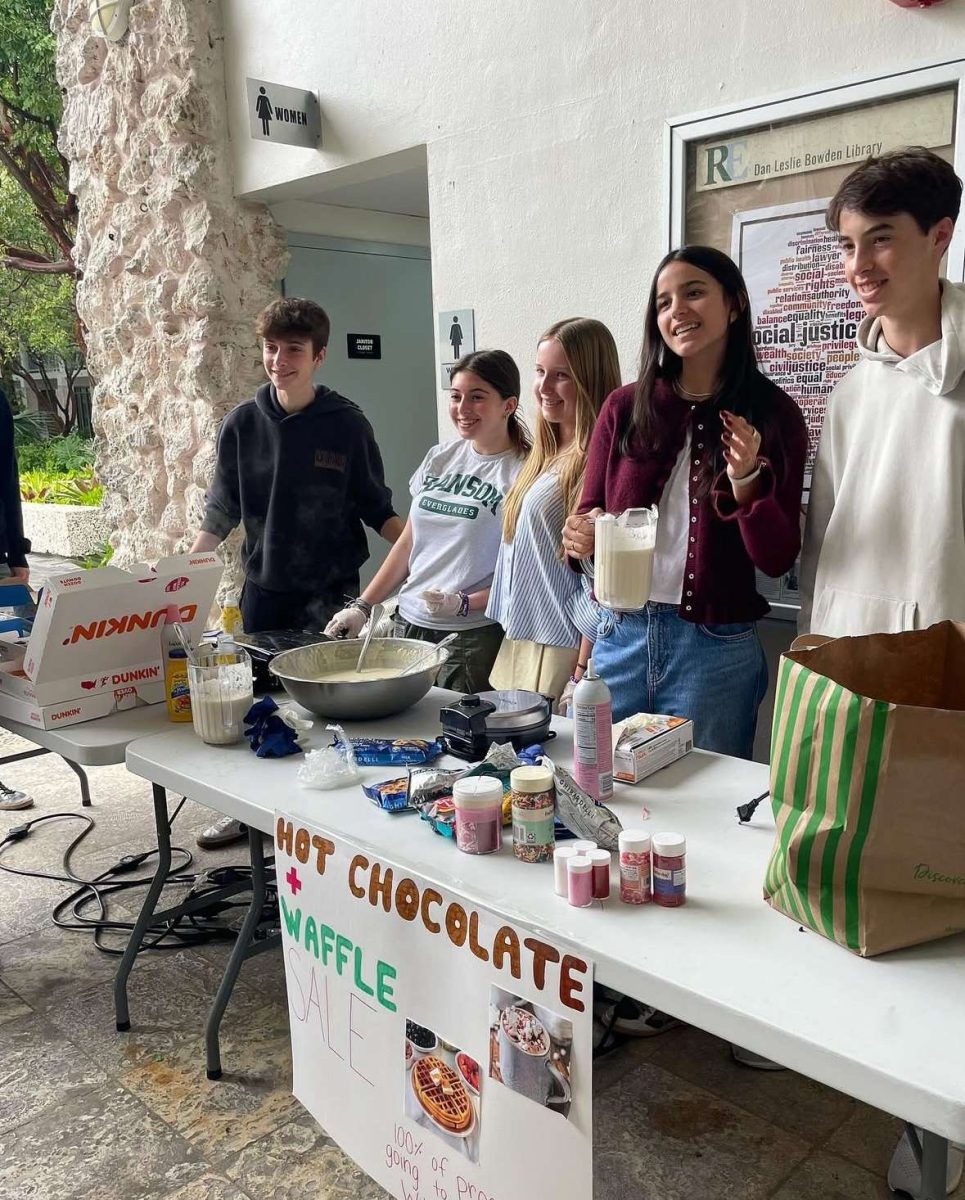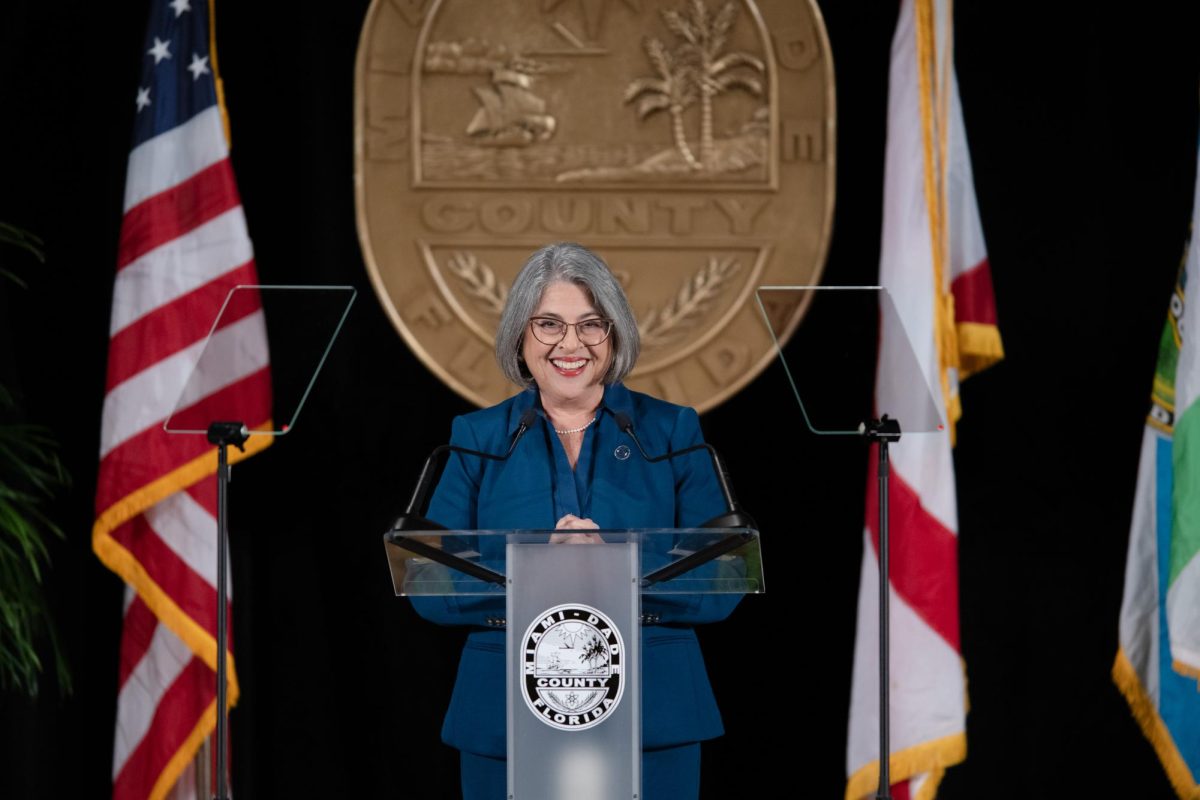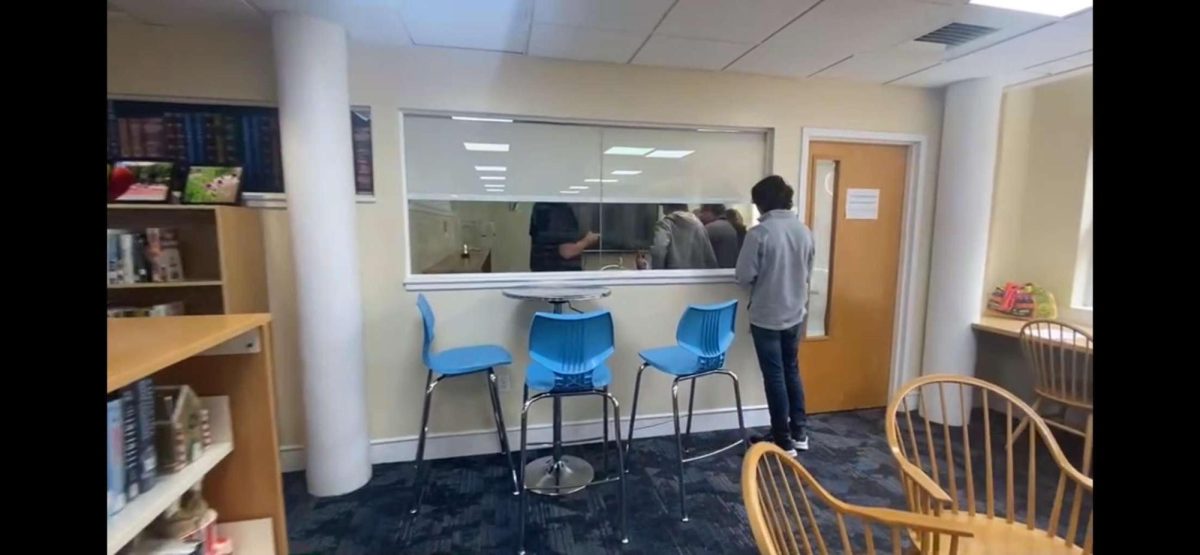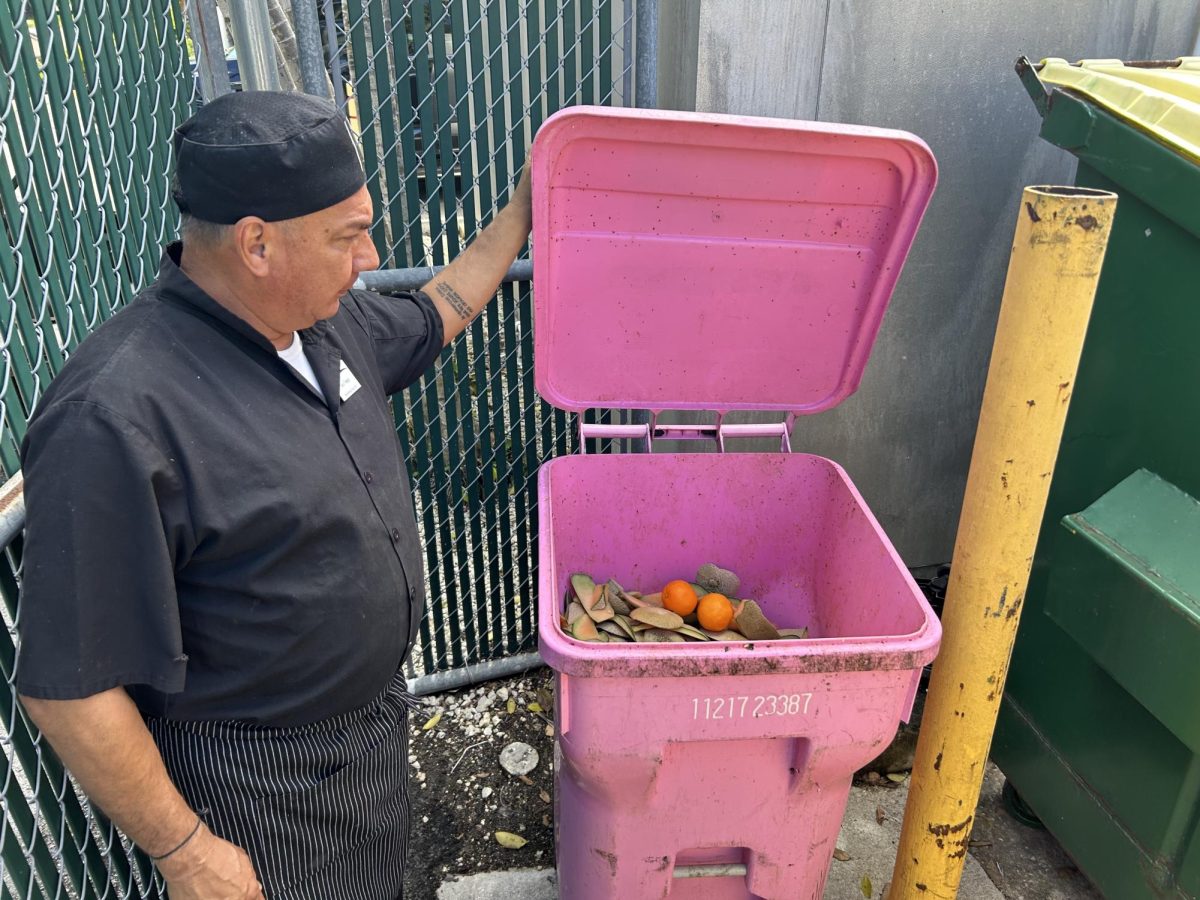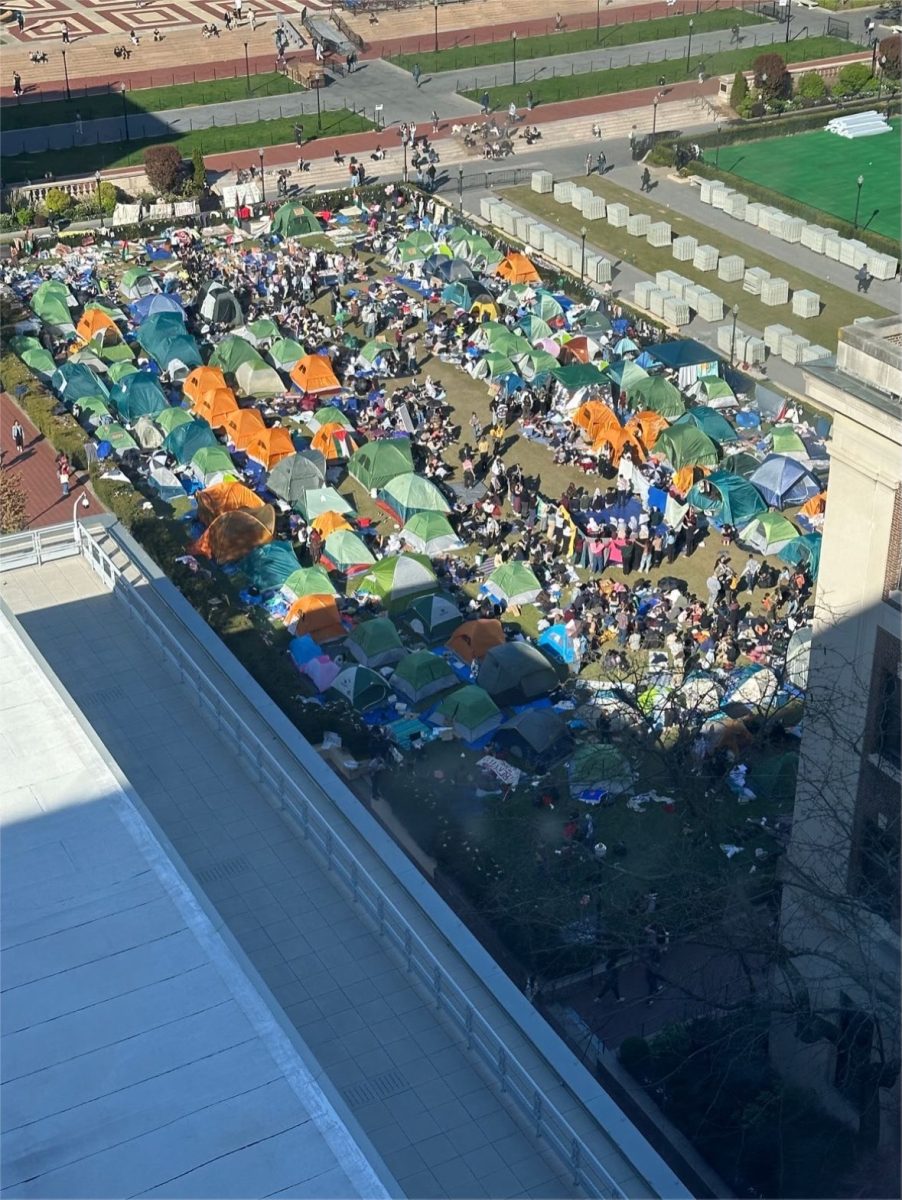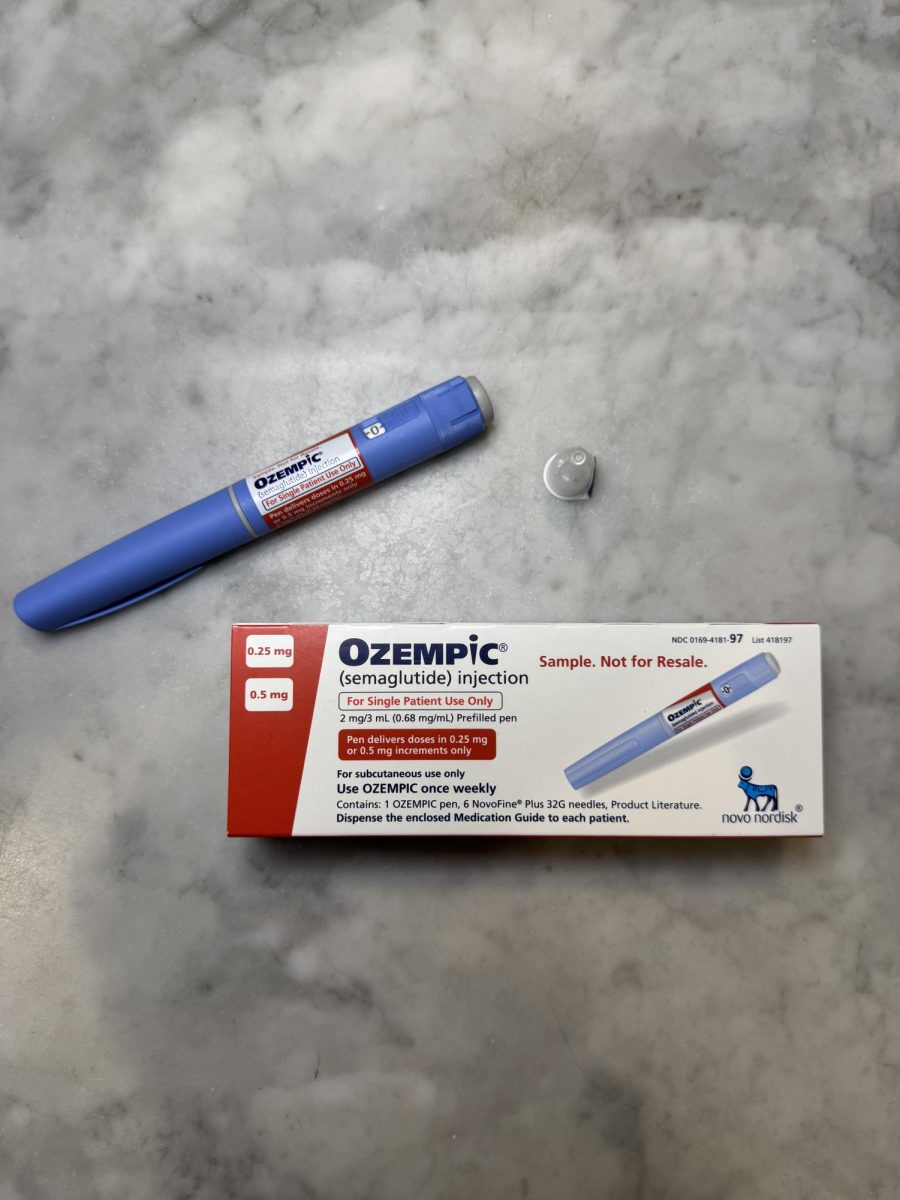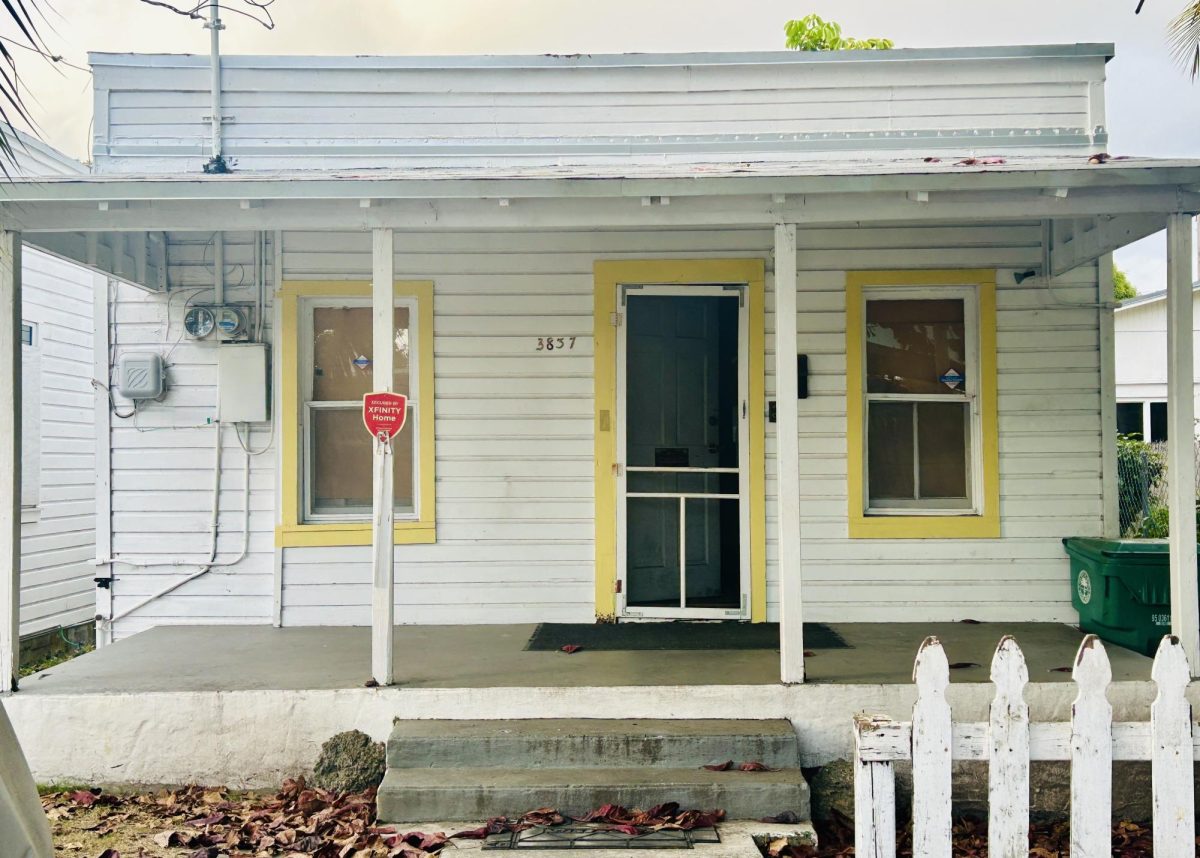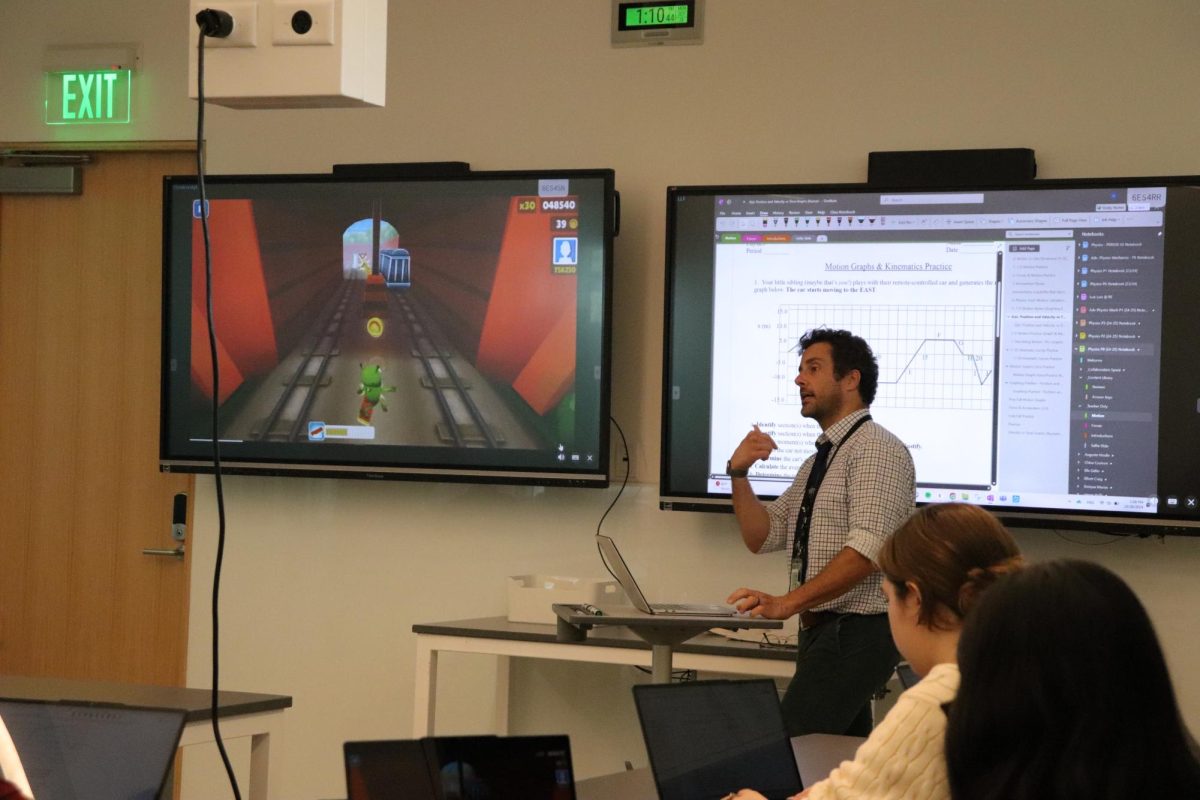Created in 2017 through a gift by alum Jeffrey Miller ’79, the program seeks to honor the legacy of former English teacher Dan Bowden, who spent 63 years at Ransom Everglades spreading his love for literature to his students. Additionally, he was a valuable advisor to many heads of school who passed through RE.
“The idea of honoring Mr. Bowden was purely from Jeff Miller, and a committee at school got together and decided between ideas, settling on this fellowship,” explained Associate Head of School Dr. John King.
The fellowships are selective and prestigious, and the application process involves producing a detailed project plan, conducting preliminary research and proposing an itemized budget. “We have no specific quotas,” Dr. King said. “We select the students who are passionate and whose projects are well-organized and specific.”
When asked what makes an ideal candidate, Dr. King pointed to a quote from Mr. Bowden himself. “I would prefer projects that demonstrate courage in the passionate pursuit of what makes us human.”
“Roots Across the Sea: The Heritage of Fredericksburg’s German Americans” by Adrian Jagodzinski ’25
Jagodzinski worked on a project about a German community in Fredericksburg, Texas. His research centered on how a shrinking population of German Texans has fought to preserve its culture and identity amidst adversity.
“I really enjoyed all my history classes at Ransom, especially AP Euro with Mr. [Stephen] Allen, which motivated me to want to do my own research,” Jagodzinski said. “It was more difficult than I expected. At the beginning, I thought that going through that very long application was going to be the hardest part, but to me, calling and interviewing strangers who lived nowhere near me was the greatest challenge.”
What surprised him, however, were the project’s personal stakes. “I thought this was just going to be a cool writing project, but the connection I made to my German roots made this unforgettable,” he said. Jagodzinski will finalize his research with a documentary video.
“Beyond the Dust: Vietnamese Amerasian Experiences in Fiction” by Jordan James ’25
James researched the struggles of Vietnamese-Amerasians and the creation of the historical fiction genre. Her work dove deeply into the struggles of post-war Vietnam and the marginalization suffered by the children of Americans left there.
“I have always been interested in the Vietnam War and the children that came out of that war. I have ethnic roots there, and speaking about a group that was critically underrepresented spoke to me,” James explained. James also decided to explore the historical fiction genre as a tool to bring these and other secluded stories to life.
“I narrowed it down to Historical Fiction narratives because it combined both my interest in the Vietnamese-Amerasian experience and my passions in Creative Writing and fiction narratives,” she added. James will conclude her research by publishing a collection of short stories about unheard voices.
“The People of the Trail: Tracing Motivations Through Time on the Appalachian Trail” by Ethan Sullivan ’25
Sullivan’s research project was about the Appalachian Trail’s origins and hikers. He explored their motivations and what drives them to finish the hike. While hiking the trail himself he experienced the hardships of the trek, which added a very personal touch to his research. Apart from hands-on learning he investigated the literature of the trail, such as personal accounts and diaries, to further understand the hikers through time.
“Applying for a fellowship really began in my sophomore year when I was working on my open-ended research paper for Advanced American Studies,” Sullivan said. “I met closely with Dr. Ermer and Ms. Nero to complete the paper, and this experience with a humanities project motivated me to apply.”
“When thinking back about the hike, while it was a challenge and grueling at times, the connections I made and friends I met made it all worthwhile,” he added.
Sullivan also went on to comment that he thinks all RE students should do a research project that delves deeply into their interests. He will end his project by publishing a website and finishing a video.
“Our Living Room: The Power of Intergroup Dialogue in Building Effective and Empathetic Group Leadership” by Lucas Lippey ’25
Lippey settled on a topic about the importance of group dialogue in creating effective leadership. He went to Seeds of Peace, a summer program that invites students from around the world to engage in dialogue. He also spoke to many professors and experts in civil discourse, where he reached conclusions on the best methodologies and practices.
“My real inspiration for the research was the Class of ‘23 Bowden Fellows,” Lippey explained. “They sparked my interest in the program. I remember wondering if I was a humanities or STEM kid, and since I was interested in both, I applied. I originally had an idea about food insecurity, but after meeting many times with Dr. King, I decided on this one. Meeting a new and diverse group of people and really engaging with them changed my views.”
He later spoke about the challenges he faced while researching and how unstructured research was much different from in-class assignments that receive guidance from teachers. He will end his research with initiatives at RE to expand group dialogue.
“What Makes a Modern American Family: Gestational Surrogacy and New Stories of Parenthood” by Bea Lindemann ’25
Lindemann researched what defines the modern American family and how it deviates from the nuclear family stereotype because of changes in society and the advancements in parenthood options such as surrogacy or IVF. She then investigated how their use has influenced the definition of a family.
“I wanted to do a project asking a question that I did not know the answer to,” Lindemann said. “I knew I wanted to do a very original project that no one else could replicate. Using my own experiences as a child of two dads, I could articulate the struggles they faced as well as challenge the expectations of a family unit.
Through many interviews with adopting parents, gay couples, and people who have hired surrogates she got a full perspective on the new stories of parenthood.
“The project gave me answers to so many questions that I had, from cultural norms to personal questions and what it means to build a family.”
She is planning to finish her project by publishing a nonfiction piece that puts together testimonials and research to complete a narrative.
Soft Tones, Strong Identities: Mandarin Language Dynamics in Taipei, Taiwan” by Sindhu Talluri ’25
Talluri investigated the cultural and linguistic differences between Taiwan and Mainland China. Her research examined examples of people who engage in cross-strait dialogue and often encounter both dialects. Specifically, she looked into Taiwanese people who often use the Putonghua (Mainland China) dialect instead of the Guoyu (Taiwan).
“I have always been heavily involved and interested in Asian culture, from studying Chinese here at Ransom to getting a scholarship from the State Department to study in Taiwan during a summer,” Talluri said. “This living experience in Asia is what inspired this project because I was able to see divisions between Taiwanese society combined with outside pressures from China.
Talluri used this project to examine the Taiwanese Identity in a time of growing uncertainty in Southeast Asia.
“Looking back on my project, I had a great time,” she said. “I learned so much about a topic I was so interested in, and I also created tight bonds with my fellow fellows.”
She plans to end with a research paper documenting her findings.
“Secluded Identity: Jews in Argentina” by Kenzie Kaplan ’25
Kaplan explored the emigration of Jews to Argentina before and during the Holocaust. She spent time in the capital, Buenos Aires, visiting museums and speaking to experts. Then she travelled to the town of Moises Ville. It is a small Jewish community founded during the migration trend that Kaplan’s own family was a part of.
“I was initially going to do a topic about the legality of the death penalty, but it was too broad and difficult to manage,” Kaplan said. “Then, I spoke with my grandfather who had immigrated to the US through Argentina, and he gave me the first look at this potential topic. It had everything: it was narrow but connected to broad themes and connected to my family.”
“I also got very lucky because a member of my family had recently done a project on our family’s history, so using that research was very useful,” Kaplan added. “In all, even though there were minor mishaps during my travels, this fellowship gave me the opportunity to discover a part of myself that I did not really know. I would recommend it to anybody.”
Through interviews she got a complete understanding of not only Jews who moved through Argentina, but also those who stayed there. Kaplan will publish a collection of photographs on Jewish life in Argentina to go along with her work later this year.
Those are the seven Bowden Fellows for the Class of 2024. They have worked with great determination and gave up many hours this summer to finalize their projects. They truly embody Mr. Bowden and Mr. Miller’s intentions in creating the fellowship.


